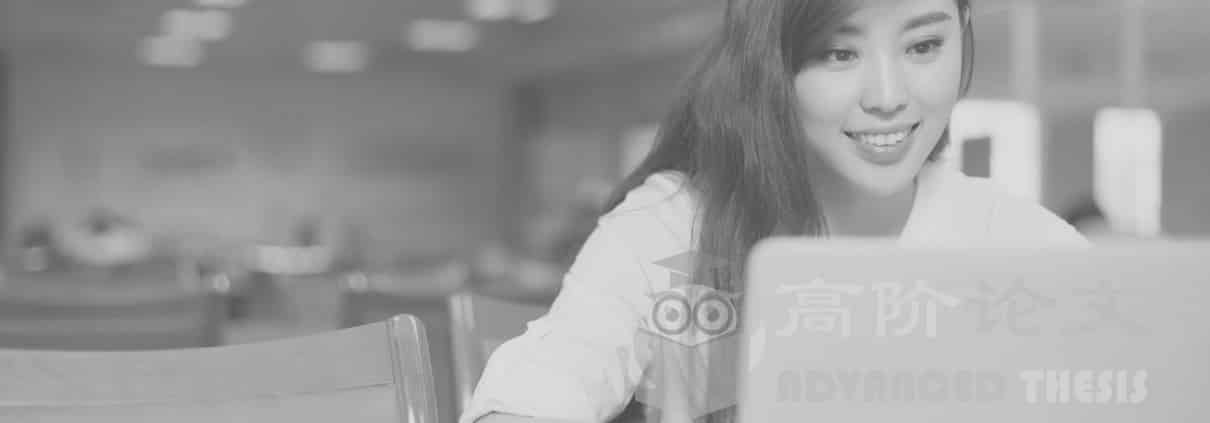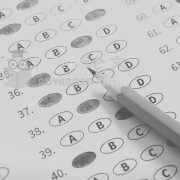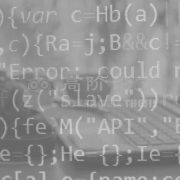lun wen:利他主义
lun wen:利他主义
利他主义是社会中的人们相互作用的概念。在这种利他行为中,是帮助有需要的人。提供这些形式的人道主义援助是为了拯救人民的生命,减少痛苦和保护人的尊严。这通常是在危机过后或紧急情况下提供给人们的。在向人民提供人道主义援助的同时,应坚持人道主义的基本理念,不带任何偏见地帮助人民,保持中立(领导人16)。在这种情况下,人们会得到帮助而不期待任何回报。这些利他主义社会的基本理念是帮助人们。规范的互惠结构是为了确保人们的善良得到回报。当地震袭击海地时,来自世界各地的人们纷纷涌入帮助这个国家重建。在日本遭受地震和海啸灾难期间,世界各国帮助日本进行了重建工作。向这些国家提供了帮助和援助,而没有期望从个别国家得到任何补救或付款。
lun wen:利他主义
这种行为被认为是人道主义援助。然而,并非所有情况都是如此。主要在某些情况下,接收方期望向最初帮助过他们的另一方提供支持服务或帮助。这就是所谓的互惠(Keohane 6),有一条不成文的规则,在困境中提供帮助的人需要得到他们的回报。向人民提供救济的行为不依赖于任何方面或有形回报(领导人17)。互惠的意识形态是通过情感的行动来表达的。其他形式的援助是帮助这些国家发展他们的国家,这反过来又帮助捐助国从国家重建中获益。资本主义的情况下促进增长和增加贸易有了国家,国家建设活动有高水平的自然资源和较低的基础设施(& Elhawary歌3)。在这些情况下,发达国家提供帮助这些经济落后国家促进经济增长。这种援助行动变得模糊不清,在这一进程中谁将受益的确切概念也变得可疑。
lun wen:利他主义
Altruism is a notion where the people in the societies interact with each other. In this act of altruism, there is aiding people in need. These forms of humanitarian assistance are provided in order to save lives of the people, reduce suffering and protect human dignity. This is usually provided to the people after crisis times or during exigent circumstances. While providing humanitarian assistance to the people fundamental notions of humanity, helping people without any bias, neutrality should be maintained (Leader 16). During this condition, people are provided with help without expecting anything in return. Fundamental notions of these altruistic societies are to help people. Normative structure of reciprocity is to ensure that the people are repaid for their kindness. When Earthquake hit Haiti people from all over the nations poured in to help the nation in rebuilding. During the catastrophe of earthquake and Tsunami in Japan countries around the world helped the nation in its rebuilding efforts. Help and aid was provided to the nations without any expectation of remediation or payment from the individual countries.
lun wen:利他主义
These kinds of acts are considered to be humanitarian assistance. However, this is not the case in all the situations. Primarily in some situations, there is expectation of the receiving party to offer back services or help to the other party who had initially helped them. This is known as reciprocity (Keohane 6). There is an unwritten rule that the people who help during dire circumstances need to be reciprocated for their gesture. This act of providing relief to the people is not dependent on any one facet or tangible returns (Leader 17). Ideologies of reciprocity are expressed through actions of sentiments. Other forms of providing aid are helping the countries develop their nations, this in turn helps the donor nation to gain from this acts of nation rebuilding. In the cases of capitalism to promote growth and increase trade there has been a nation building activity in the countries where there is high levels of natural resources and lower infrastructure (Collinson, & Elhawary 3). In these cases, the developed nations offer to help these economically backward nations to foster growth. This acts of assistance becomes nebulous and the exact notions of who would be benefitted in the process becomes questionable.







